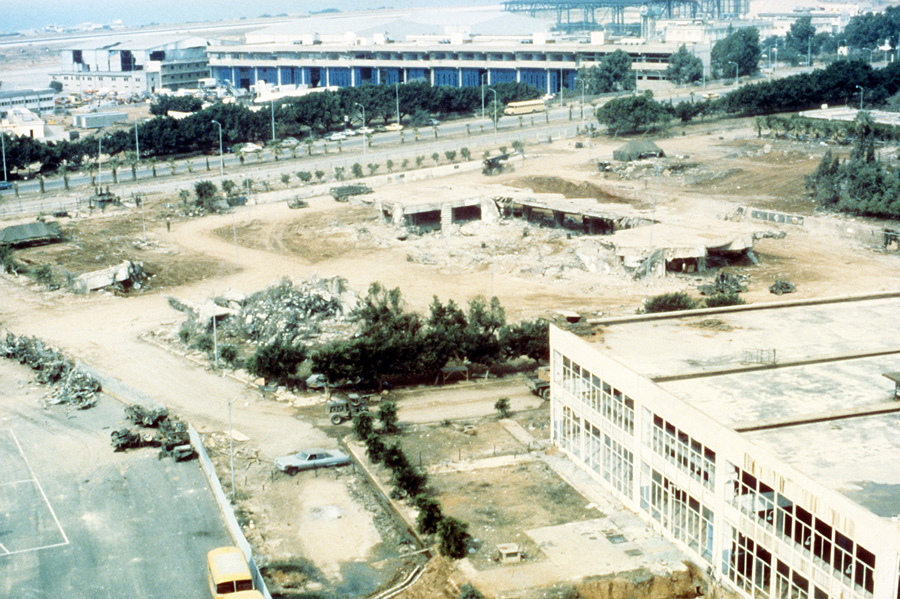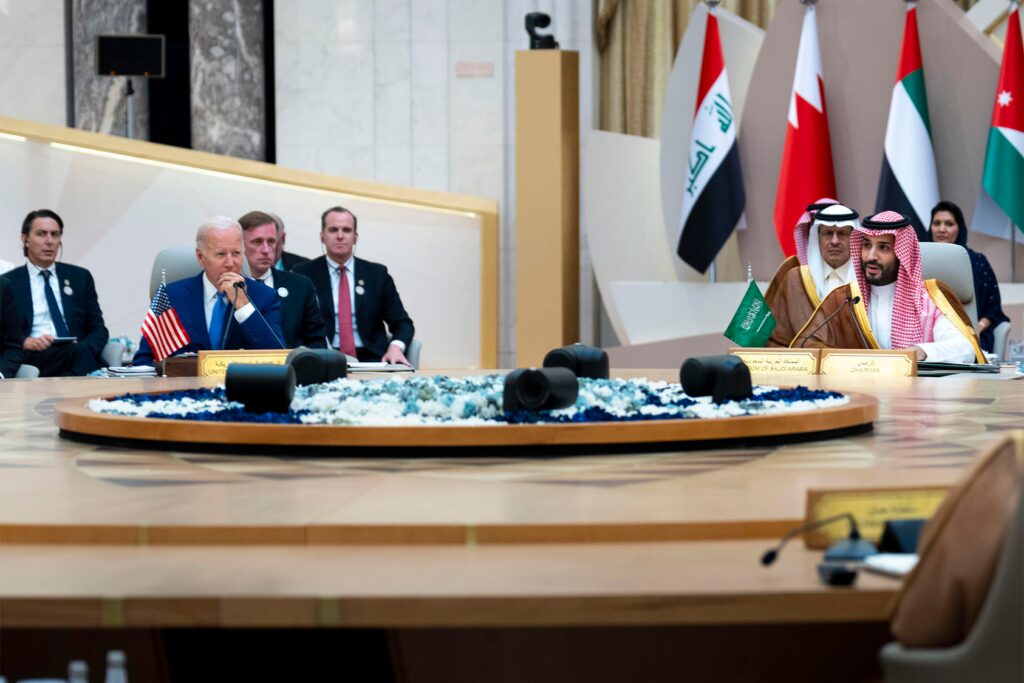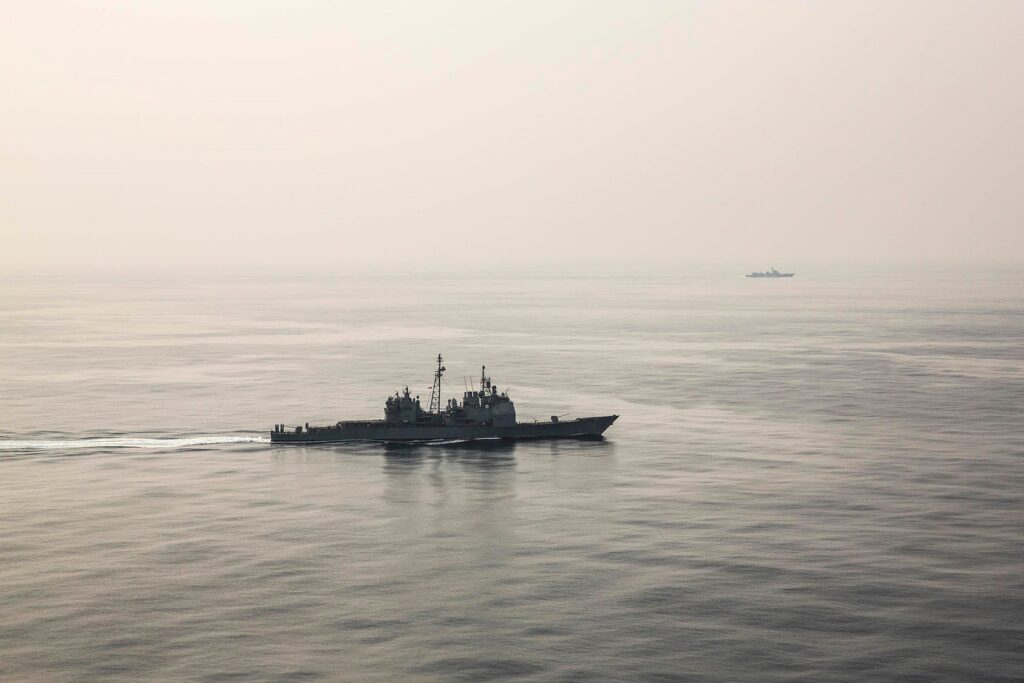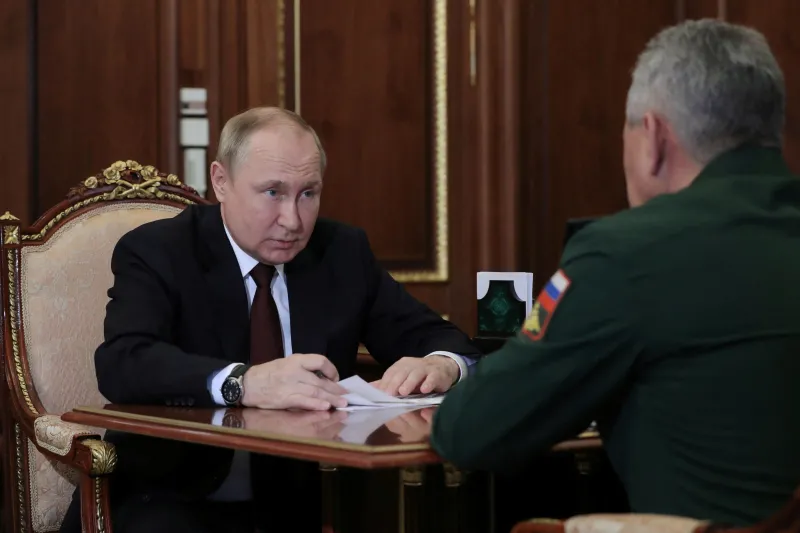Why Russian Elites Are Standing By Putin

Since the beginning of Russia’s war in Ukraine, political analysts and commentators have been looking out for signs of a split within the Russian ruling class that could signal diminishing support for Vladimir Putin’s regime. In the days after Russia’s invasion of Ukraine, some media reports recounted stories of shock and horror over Putin’s decision to attack a neighboring country. While Russian elites do not form a cohesive entity, certain attributes of the Putin regime ensure that on key political issues they appear as a unified front, despite growing tensions and discontent.








